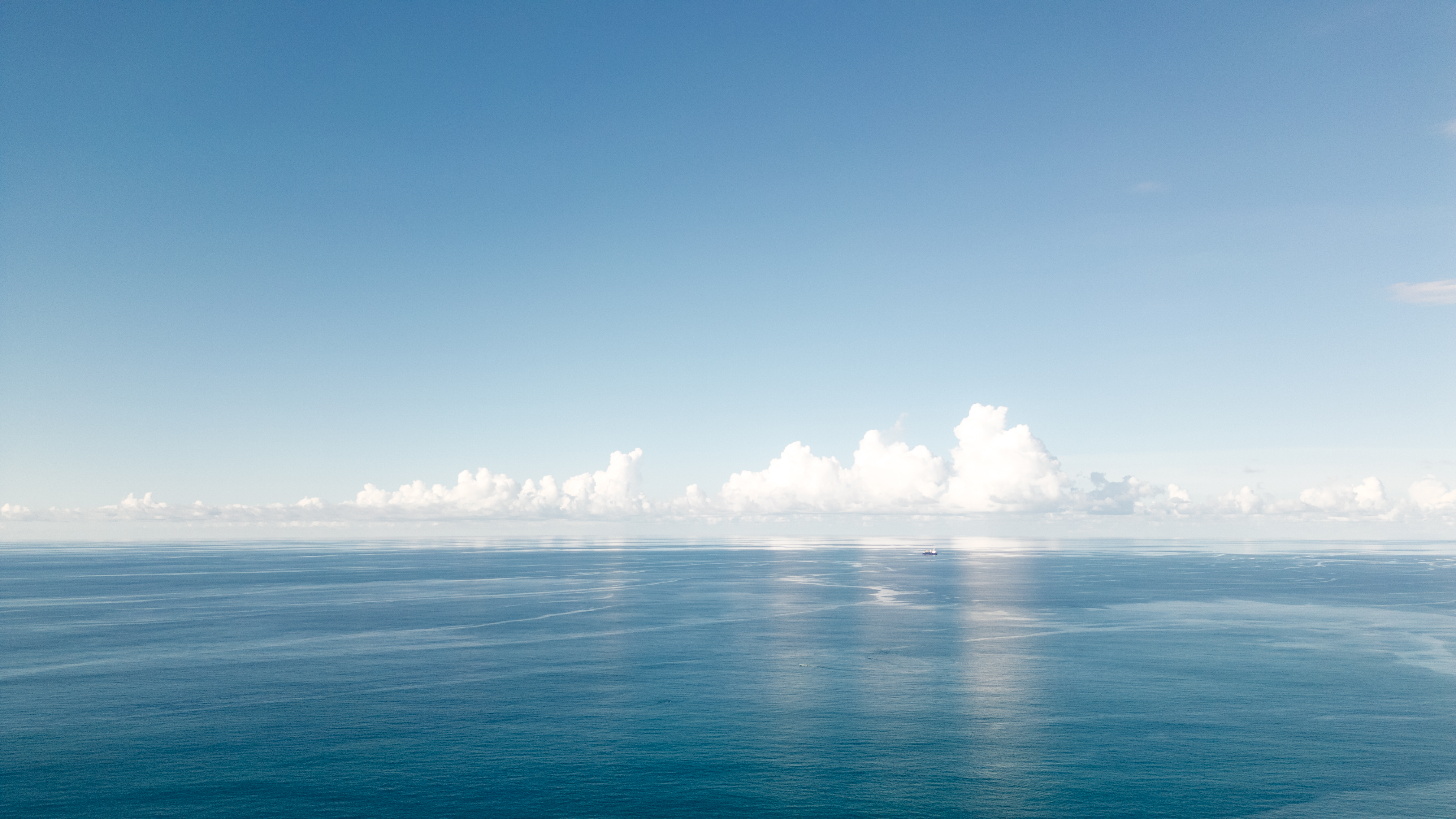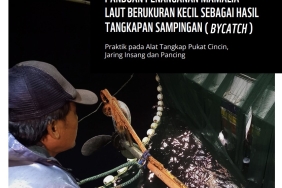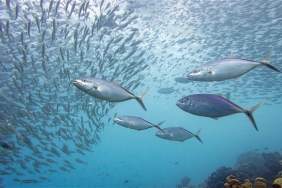JARING-NUSANTARA AND KOALISI PEREMPUAN INDONESIA SUPPORTING FISHERY IMPROVEMENT PROGRAM FOR SCALLOP FISHERY IN SURABAYA
By Davidson Ratonono
Since being introduced for the first time in 1999, Marine Stewardship Council (MSC) ecolabel certification has been widely accepted as a certification system in accordance with ecolabeling guidelines and Code of Conduct for Responsible Fisheries (CCRF) provided by Food and Agriculture Organization (FAO). On an independent report ,Accenture (2012) says that the assessment by using MSC standard is recorded to be the best if compared to four other similar certification schemes. MSC certified fisheries are expected to show improvements that deliver benefits to the marine environment. The benefits include: increased stocks; improved management of stocks; reduced bycatch; expansion of environmentally protected areas; increased knowledge about ecosystem impacts amongst fishers; and traceability mechanism in place. Ecolabel certification becomes a standard set for environmentally friendly and sustainable fishery products and primary requirement to market the fishery products to retailers in Europe and US. Most of the huge retailers with the second largest network in both continents have been committed since 2012 to only source fishery products from MSC certified fisheries or fisheries on the process to get certified by MSC. In addition to MSC certification, a programme specifically designed for capture fisheries, there is also Aquaculture Stewardship Council (ASC) ecolabel certification, the global standards for responsible aquaculture.
Based on this, WWF-Indonesia initiated the development of JARING-Nusantara in 2012 by gathering 13 NGOs from all over Indonesia having similar vision and mission that is to support fisher groups committed to transform fishing practices applied by their members into more responsible and sustainable fishing practices. One of the activities conducted by JARING-Nusantara to support that goal is a pre-assessmentby using MSC standard for capture fisheries and ASC standard for aquaculture fisheries in order to identify the compliance level of some given fisheries potentially join the ecolabel certification.
The pre-assessment aims to get general picture of fisheries under the assessment through data from clients and management authorities where fisheries are located, and also to identify any prospective problems and challengespotentially faced by fisheries duringMSC certification. The next step is developing Fisheries Improvement Plan (FIP) with proposed timelines of activities and progresses to make sure that specific objectives have been met.
One of the JARING-Nusantara members based in East Java is Koalisi Perempuan Indonesia (KPI). This organisation was initially engaged in some woman empowerment programs only such as advocacy and education before joining JARING-Nusantara. KPI becomes part of JARING-Nusantara since most of its members are women working in fishing sector or costal scallop fishery. In early 2013, MSC pre-assessment was conducted in scallop fisheries assisted by KPI by referring to three MSC principles of sustainability: sustainable fish stocks, minimising environmental impact, and effective management that includes fishery governance and subsidies.The result shows that the Fishery Improvement Program (FIP) should be applied in scallop fisheries in Surabaya and Sidoarjo in order to meet sustainability standard of MSC ecolabel certificationwhere the program has begun since last year.





